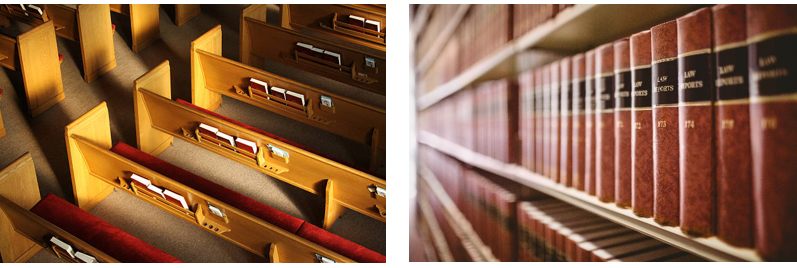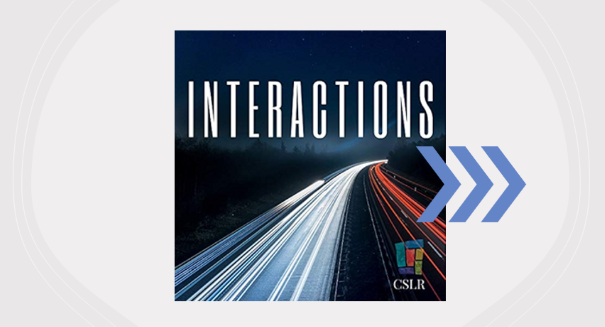CSLR Study on Law and Ministry
Law impacts the activities of religious believers, clergy, communities, and organizations in numerous seen and unseen ways. The attention of the American public is focused on the church—and its relationship to the state—now more than ever. In the past several years, many instances of clergy sexual abuse, financial crimes and tax fraud, employment disputes, organizational misgovernance, and property disputes have made national news headlines. The lack of basic legal knowledge among American church leaders can limit the growth and success of Christian ministries, enable fraud and mismanagement of church funds and property, and can facilitate the sidestepping of meaningful reforms that could prevent sexual, financial, and power abuses. In short, lack of legal knowledge raises the risk of liability for intentional and unintentional legal violations and the public fallout that often ensues.

This multi-year study of Law and Ministry in the United States (“Study”), begun in Spring 2020, was generously funded by the Lilly Endowment, Inc. and prepared by the Center for the Study of Law and Religion (“CSLR”) at Emory University. Led by John Witte, Jr., Shlomo Pill, Justin Latterell, Whittney Barth, and John Bernau, a team of researchers used qualitative and quantitative methods to determine:
- which legal issues Protestant church leaders encounter in various ministries and contexts and with what levels of frequency;
- how these matters are currently addressed (or not) both within the church and in cases that reach the courts;
- which resources these leaders utilize in planning for and responding to legal concerns; and
- which kinds of educational and professional training would most effectively prepare these ministers to navigate intersections of American law and ministry.
Although there are many ways in which churches intersect with the law, this Study focused on nine distinct but sometimes overlapping legal issue areas that confront churches most frequently: employment law, land use and zoning, tax law, organizational governance, organizational finance, government funding, education law, and pastoral counseling.

Read the Full Report
This multi-year study of Law and Ministry in the United States (“Study”), begun in Spring 2020, was generously funded by the Lilly Endowment, Inc. and prepared by the Center for the Study of Law and Religion (“CSLR”) at Emory University. Led by John Witte, Jr., Shlomo Pill, Justin Latterell, Whittney Barth, and John Bernau.

Listen to Interactions Episode
In a special episode of the Interactions podcast, Whittney Barth and John Bernau sat down to discuss some of the report's main findings with three distinguished guests: Rev. Dr. Ted Smith, Rev. Caroline Magee, and Rev. Ingrid McIntyre. While our guests were not involved in the study, we brought them in to talk about three themes that emerged from the study, including the nature of theological education, the role of a pastor versus the role of a lawyer, and ministers’ interactions with government.


